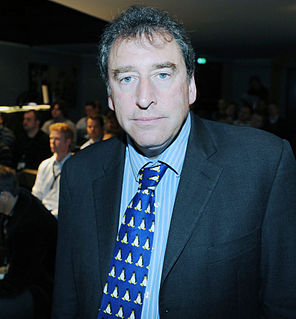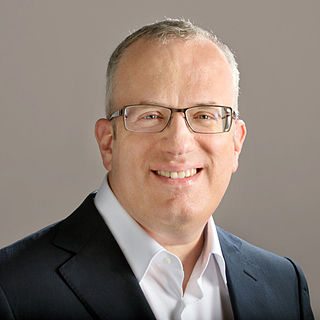A Quote by Tim Berners-Lee
The Semantic Web is not a separate Web but an extension of the current one, in which information is given well-defined meaning, better enabling computers and people to work in cooperation.
Related Quotes
New information and communications technologies can improve the quality of life for people with disabilities, but only if such technologies are designed from the beginning so that everyone can use them. Given the explosive growth in the use of the World Wide Web for publishing, electronic commerce, lifelong learning and the delivery of government services, it is vital that the Web be accessible to everyone.
































